Going to school is often a time of apprehension for a child or teen with Attention Deficit Hyperactivity Disorder. Students with ADHD face many challenges at school both academically and socially. Yet, as this diagnosis becomes more prevalent there is more and more information available as to how parents and teachers can help ADHD students succeed in school.
It is estimated that approximately 20% of children and adolescents in the U.S. have a diagnosis of ADHD. It is nearly ten times more common in boys than girls. Though the symptoms vary widely from child to child, some of the common characteristics include: distractibility, restlessness, confusion, and impulsivity, problems with sleep and coordination, difficulty paying attention, and difficulty organizing and completing work. Because of these problem areas, it is imperative for parents and teachers to work together. Early and open communication among students, parents and teachers has many benefits. It decreases the amount of time it takes for a new teacher to work effectively with your child or teen. It helps the school to understand your child or teens difficulties so his/her behavior isn't seen as a problem. It also provides an opportunity for your child or teen to deal with their ADHD and learn to speak up for themselves. Designing a plan specific to your child's needs can aid in their academic and social progress.
Here are a few ideas to help this process:
Get educated on ADHD and what it means for your child and your family.
Provide your child's teacher with good information on your child's diagnosis and areas of difficulty.
Let both the teacher and school administration know if your child or teen takes medication and what time of day it may start to wear off.
Be open to suggestions and feedback from their teacher.
Discuss on a regular basis any progress or difficulties your child or adolescent is experiencing. For example a weekly work chart or behavioral chart that both parent and teacher sign.
Help older children identify in their own words how their diagnosis affects them and what helps them learn best in the classroom.
Encourage your child to speak with his/her teacher about their difficulties and what helps them best.
Set specific, realistic goals for your child.
Be involved with the management of homework and school projects.
Review assignments with your child.
Break assignments down into parts and help your child learn to organize and prioritize.
Help to teach your child self-management.
Give positive feedback for assignments completed in a neatly, timely manner.
Keep a structured routine for homework, snack time, dinnertime, TV time, etc.
Get your child involved in extra curricular activities such as soccer or karate, etc. These are good ways to burn off excess energy and promote self-esteem and self-discipline.
Recommended Books:
"Helping Your ADD Child" - Author: John F. Taylor, Ph.D.
"Give Your ADD Teen A Chance" - Author: Lynn Weiss, Ph.D.
"Putting On The Brakes" - A workbook for children and teens with ADHD. Authors: Quinn, Stern & Russell
Information has been compiled from various educational and counseling resources
